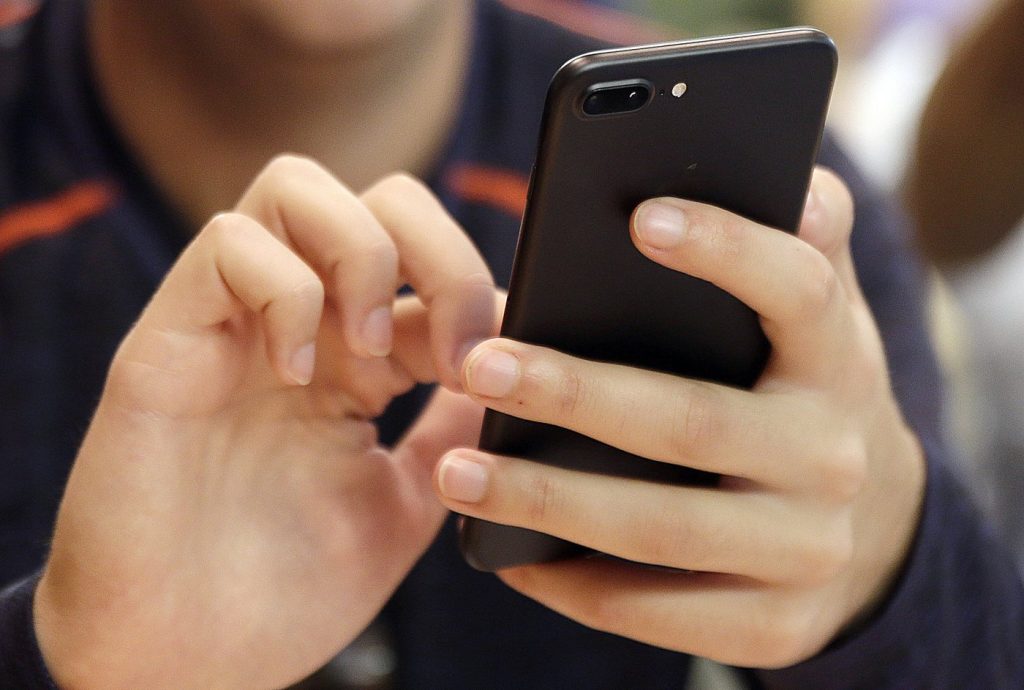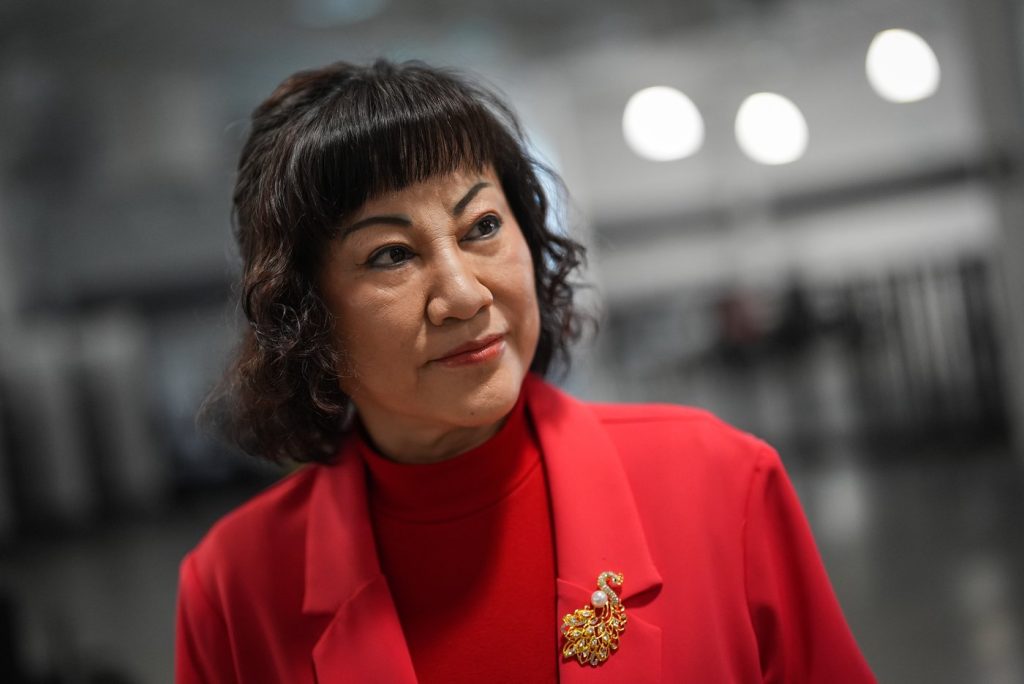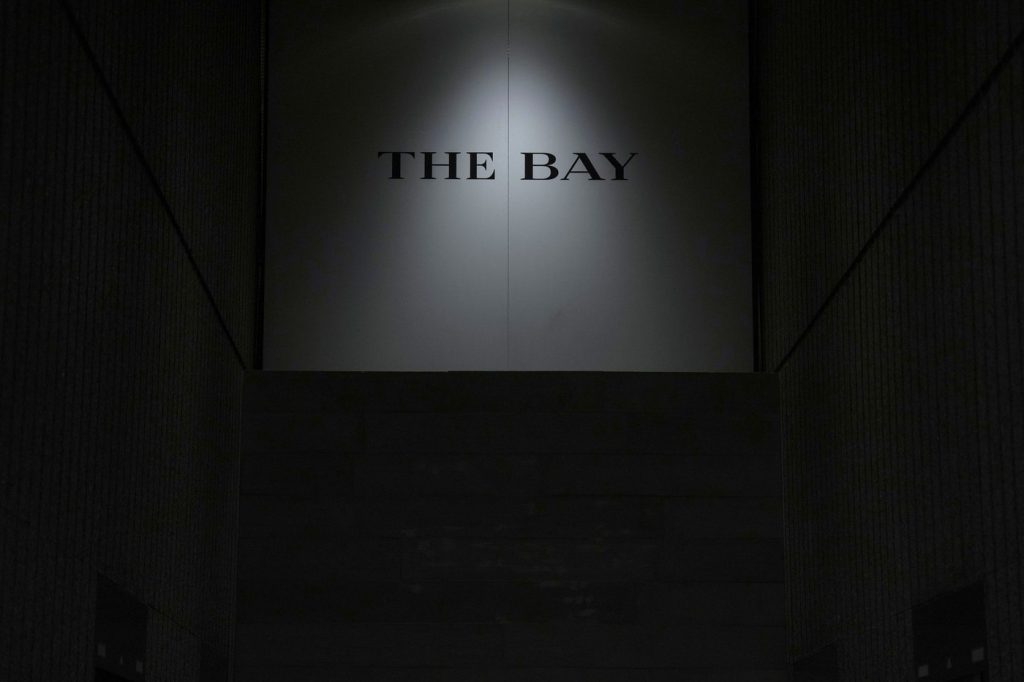Tea, a controversial dating app designed for women to anonymously share experiences and warnings about men they encounter, achieved the top rank on the U.S. Apple App Store this past week. However, on Friday, the company, Tea Dating Advice Inc., confirmed that it had been hacked, resulting in the leak of thousands of images, including selfies, online.
In a statement, Tea expressed its commitment to addressing the issue by engaging third-party cybersecurity experts and working diligently to secure their systems. The breach, initially reported by 404 Media, was uncovered by users on 4Chan, who found an exposed database that allowed unrestricted access to material from Tea.
The app and its security breach underscore the complexities of dating in the era of social media. Tea aims to provide a safer platform for women to vet men they might meet through dating apps like Tinder and Bumble. Founder Sean Cook, who established the company in 2022 after witnessing his mother's troubling dating experiences, articulated that the app serves as a tool for women to ensure that the men they encounter are who they claim to be, without criminal backgrounds or existing relationships.
The app has been promoted as a means for women to have their own 'Yelp pages' for potential dates. A user reported utilizing the app to investigate a man she was communicating with, discovering over 20 serious red flags that led her to cease contact, emphasizing the potential risks involved in online dating.
Following a surge in social media discourse around the app, Tea saw a dramatic increase in downloads, rising by 525% between July 17-23, which propelled it to the No. 1 spot in the Apple App Store. The company claims to have reached a user base of 4 million as of late July.
However, Tea has also faced criticism for potentially infringing on men's privacy. A columnist for The Times of London described it as a “man-shaming site” and characterized it as vigilante justice, expressing concern about the implications such an app might have on men seeking to date. Attorney Aaron Minc noted a spike in calls from distressed individuals who felt they were being publicly shamed through the app.
Legal concerns regarding liability and defamation also emerge in this context. While legislation passed in 1996 protects websites from liability for user-posted content, users can still face lawsuits for disseminating false or defamatory information. A federal judge recently dismissed an invasion-of-privacy lawsuit involving a man criticized in a Facebook chat group, illustrating the complicated legal landscape surrounding such issues.
The recent hacking incident resulted in the leak of approximately 72,000 images, including over 13,000 selfies or photo IDs submitted for account verification, along with 59,000 publicly visible images from posts and messages on the app. Despite the severity of the breach, Tea asserted that no email addresses or phone numbers were compromised and that only users who signed up before February 2024 were affected.
Tea emphasized that protecting user privacy and data remains a top priority, asserting that no further user data was believed to be compromised. The company stated that users do not need to change their passwords or delete their accounts, as their information has been secured. Legal expert Minc commented on the nature of such apps, suggesting that their very existence often creates adversaries, making them targets for attacks.












